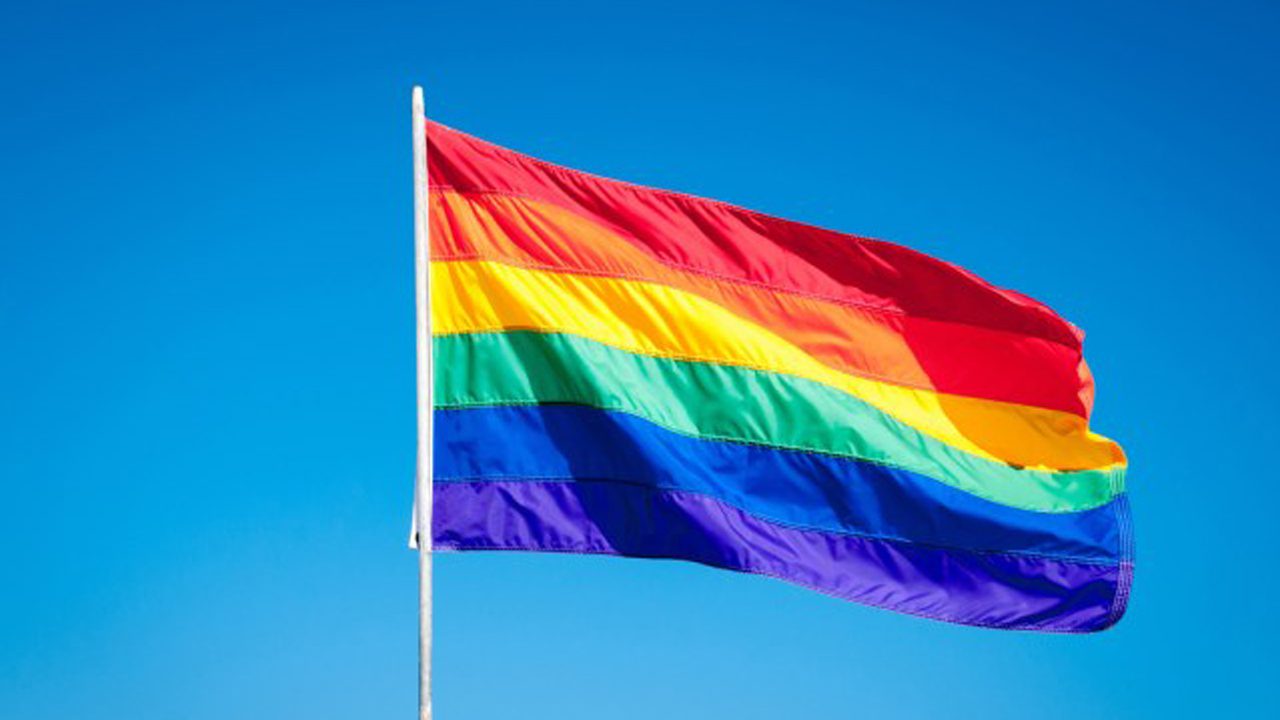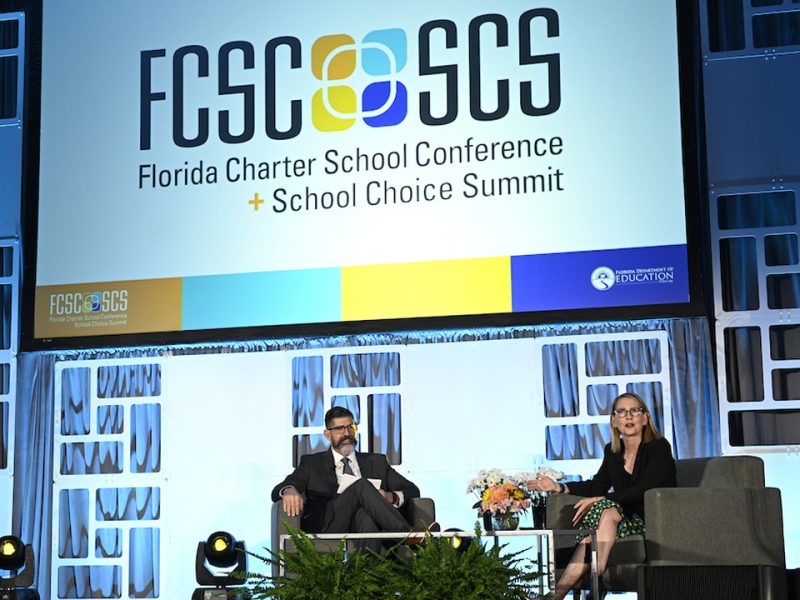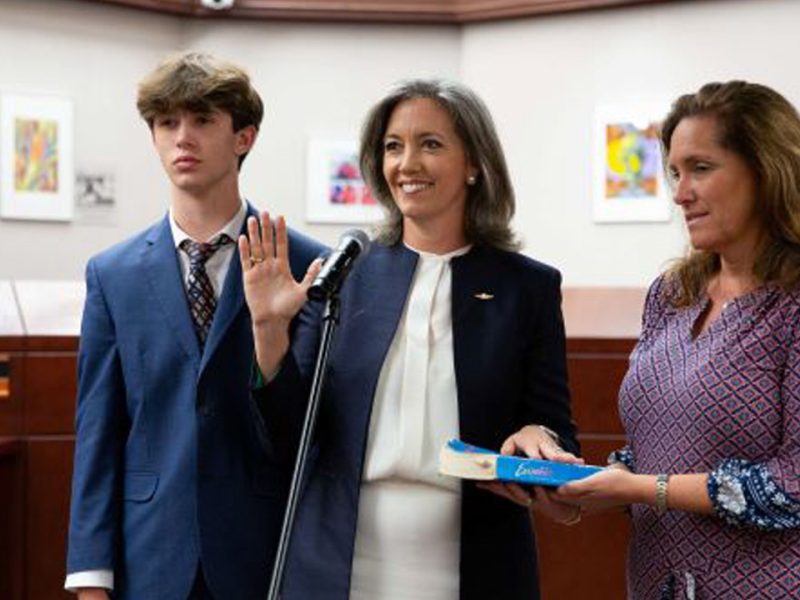South Florida schools shrink LGBTQ guides, and restrict pronouns and bathroom rules.
South Florida Sun Sentinel | By: Scott Travis | August 20. 2023
Parents in one South Florida district have the right to request the preferred pronouns for their children to be called this school year — but teachers and school staff will have the right to say no.
Transgender athletes in South Florida will be allowed to play on boys’ sports teams, but girls’ teams are off-limits.
And teachers and school staff may have to out a gay or transgender child to their parents in some situations but may be able to stay quiet in others.
The new set of rules, included in LGBTQ support guides released this past week for students in Broward and Palm Beach counties, are the school districts’ efforts to navigate through a rapidly changing landscape based on a series of new state laws, including one critics have dubbed “don’t say gay.”
A spokesman for Miami-Dade didn’t confirm Friday whether that district has a similarly updated guide. A 2021-22 guide found online doesn’t address recently enacted laws.
In the past two years, the state has passed laws that ban most instruction on sexual orientation and gender identity, ban transgender girls from competing on girls’ sports teams, require transgender students to use the bathroom that corresponds to their sex at birth, require schools to inform parents if a child receives counseling or other services related to being LGBTQ and ban schools from making school staff use a transgender child’s preferred pronoun.
The Broward and Palm Beach guidebooks still allow students to dress in a way that affirms their identities and still allows students to form LGBTQ support clubs to meet on campus after school.
But many of the other resources traditionally available for these students are now gone.
Broward’s 101-page LGBTQ Support Guide has been replaced with an 18-page “Inclusive Schools Student Support Guide,” which references LGBTQ students as well as those with disabilities or from different religions or backgrounds.
“There are maybe some students that don’t identify within [the LGBTQ] community that might also need support,” Broward Schools spokesman John Sullivan said.
Palm Beach County’s LGBTQ+ Support Guide has shrunk from 105 pages last year to 11 this year.
The old Palm Beach County guide gave tips for intercepting LGBTQ slurs. It recommended teachers wear badges and post stickers proclaiming their classroom was a safe space for LGBTQ students. It also empowered employees to help students come out or form gay-straight alliances.
The new guide mostly outlines what the school district can’t do because of new state laws.
“In this district, we had developed a policy to make a great space for kids,” said Michael Woods, a gay teacher in Palm Beach County. “I looked at this new guide and my stomach absolutely dropped. It went from over 100 pages to 11.”
But Woods added, “I do understand the bind that districts in this state are in.”
Last year’s guides devoted multiple pages to preferred pronouns, affirming students’ choices.
“The appropriate use of names and pronouns with transgender students is vital in creating a safe and supportive environment in the school community,” a previous Broward guide said. “Students shall have the right to be addressed by a name and pronoun corresponding to their gender identity as expressed by the individual student.”
Palm Beach County’s guide previously had a detailed section called “Pronouns 101.”
The new guides devote only a few paragraphs to pronouns, mostly stating restrictions under state law.
The law “prohibits employees of K-12 institutions from asking students to provide their personal titles or pronouns,” the Palm Beach guide said. “The law also prohibits K-12 schools from requiring employees or students to refer to other persons by that person’s preferred title and pronoun if such personal title or pronoun do not correspond to the person’s sex assigned at birth.”
Palm Beach County parents can choose a preferred name for a child on a registration form but makes no provision for a parent requesting a preferred pronoun.
The Broward guide said parents can ask that their child be referred to by a preferred pronoun, which may or may not be honored.
“Upon receipt of written consent, staff may honor this request; however, are not required to do so,” the guide said. “Such consent can only be obtained by the parent by visiting the school and obtaining and completing the appropriate request form.”
The form, included in the guide, said it “shall ONLY be provided to parents upon request and be completed in the presence of a school official.”
While teachers and school staff don’t have to honor the family’s pronoun request, Broward School Board member Sarah Leonardi expects most will.
“If the parent is asking for us to use a preferred pronoun, generally teachers will do what makes students feel safe and supported,” Leonardi said. “Generally, teachers aren’t in the business of making kids feel bad about themselves or not feel affirmed.”
The guides include other sweeping changes, omitting large sections related to infusing LGBTQ issues into the curriculum, providing resources for students who may be transitioning and allowing students to use the restrooms and locker rooms that correspond with their gender identity. All of these sections became outdated due to state laws passed in recent years.
The new guides cite a state law passed in 2021 that bans transgender girls from competing on girls’ sports teams but doesn’t ban transgender boys from participating on boys’ teams. The reason for the discrepancy is some female athletes have complained that athletes born male may have a competitive advantage in girls’ sports.
Transgender students now will not be able to use school locker rooms or restrooms if they don’t coincide with their gender at birth.
Broward’s guide says single-occupant restrooms will be available at all schools, while Palm Beach County’s guide says, “As a proactive action, administrators should take steps to identify single-user restrooms on campus.”
Another issue the districts address is whether school officials must out LGBTQ students to their parents. In the past, the guides said no. But new state laws say they will have to in many cases.
If a child receives a “change in services or monitoring” relating to a child’s sexual orientation or gender identity, such as school counseling, school officials are now required in most cases to alert parents. But if students tells a teacher they are LGBTQ without needing services, the parent would usually not be notified, the guides say.
“The simple knowledge of a student’s sexual orientation and/or gender identity, without related concerns about the student’s health, safety, or well-being, would not be considered a change in services or monitoring,” the Palm Beach County guide says.
But teachers and staff aren’t also supposed to hide this information if asked by parents, both guides say.
“For parents/guardians/caregivers who have questions about their child’s sexual orientation and/or gender identity and have contacted the school or district, faculty and staff must not intentionally withhold information about their child’s identity,” the Broward guide says, “unless a reasonably prudent person would believe that disclosure would result in abuse, abandonment, or neglect, as those terms are defined by the law.”
“Students should be encouraged and supported in speaking with their parents about sensitive and personal information,” the Broward guide said. “Resources should be made available to any families who have questions about their child.”






